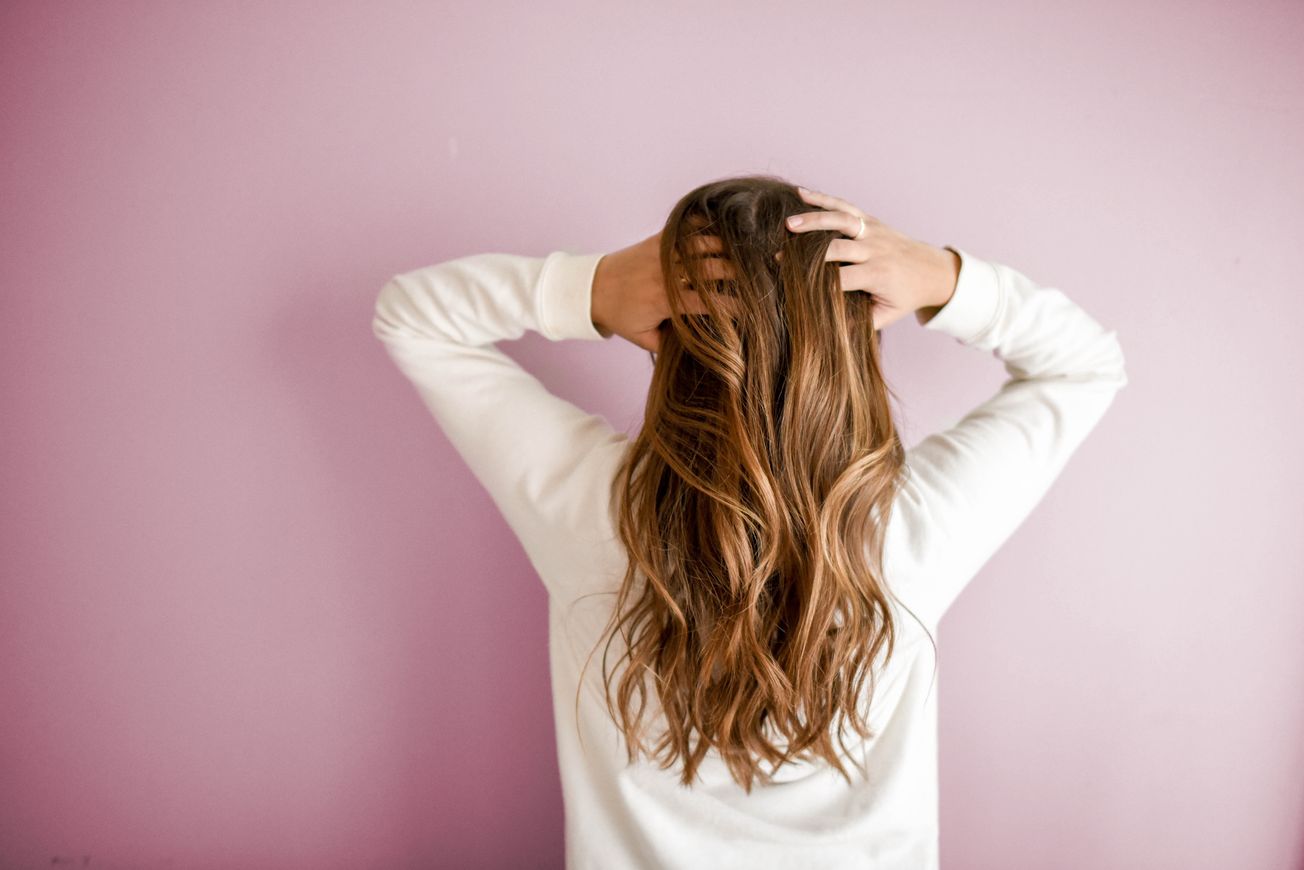Anonymous
An anonymous student talks about living life with Trichotillomania, a lesser-known disorder and how to combat it.
Pronounced “Trick-o-till-uh-mania”. The name itself has enough syllables to instil anxiety into a person, which is fitting as it is a disorder that is triggered by anxiety. It’s one of the lesser known mental health disorders, but its effects can be just as debilitating, which is why I feel the need to open up about it.
Trichotillomania is a hair-pulling disorder which is usually triggered by anxiety. This disorder can affect people at varying degrees. The mildest form would involve gripping or pulling on your hair, and the most serious form of it would involve you pulling your hair out and ingesting it, and I’m not just talking about the hair on your head, it could be your eyebrows, eyelashes, legs and hands etc. Victims end up losing a lot of their hair, resulting in bald patches and experiencing even more anxiety as a result of this. It’s like a vicious cycle.
I first developed the disorder when I was about 14 years old. I went through a period of depression that left me wanting nothing but to die. Being afraid of the future and paranoid about the consequences of every little thing I did planted a huge seed of anxiety in me which only gave way to a disorder that plagued me no matter how hard I tried to make it go away.
https://t.co/9PfTtauTFz support for all pic.twitter.com/scwxj0Av8D
— Trichotillomania (@TrichSupport) July 17, 2018
I found pulling on my hair soothing at first, until I kept doing it. Continuously. While watching TV, while eating lunch, while waiting for a friend. And these were just the mundane moments. The worst would be when I was upset, or received bad news, or was nervous. My hair started to thin in places, much to my horror. My mother saw this as well and it was then I realised that I might have a problem. I would get teased about it in my school as well. If I was feeling stressed out in class I’d start to pull on my hair, and I’d turn around to see a few of my classmates snickering and imitating me. It was a pretty effective way of making me stop in the moment, but I endured this teasing one too many times to be grateful for its momentary effects. That’s the thing about lesser known mental health disorders, they aren’t taken as seriously as the better-known ones. You’d find very few people imitating someone crying their eyes out as a result of their depression.
My hair started to thin in places, much to my horror.
How can one cope with it?
- Be alert. Realising when you’re engaging in the self-destructive behaviour is an important starting point. Tell yourself its harmful, and push yourself to stop. It takes more willpower than one might think to bring your hand down away from your hair and keep it there, but after practice, it does get better.
- Breathe steadily. I realised that my periods of hair pulling were associated with me breathing shallowly, or holding my breath, which drove my anxiety up higher. Steadying my breathing and clearing my mind really helped in reducing the number of times I’d pull on my hair.
- Talk to someone. Whether it’s a friend, your family, your dog, or even yourself in the mirror. Spill your emotions, talk about your feelings, release that stress in any way you know how. Much of that pent-up frustration needs a release, and that release sometimes ends up in you pulling your hair.
Mental health disorders, whether big or small do not have to take over your life. I’ve had mine under control for a while now, and yes, I do have moments of weakness but it’s an uphill climb and I will get to the top one day.
Featured Image: Unsplash / Element5 digital
If you would like to find out more about Trichotillomania, click here for more information.









